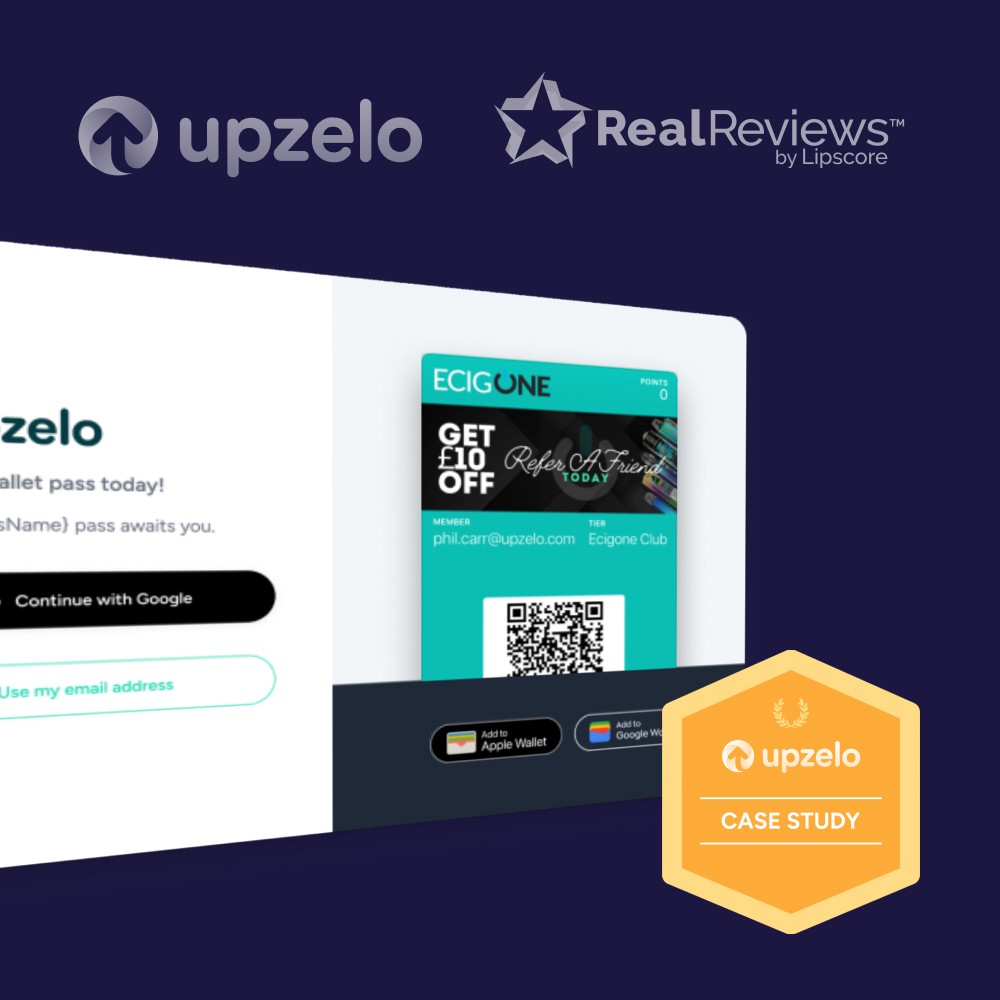
Upzelo
January 30, 2024
Quick snapshot
This article explores the strategic importance of VIP tiers and how they can enhance both customer satisfaction and business outcomes.
Industry
Implementing VIP Tiers in Loyalty Programs: A Strategic Approach
In the competitive landscape of e-commerce, distinguishing your brand and fostering customer loyalty are paramount. One effective strategy to achieve these objectives is the integration of VIP tiers into your loyalty programs.
VIP tiers are not just about rewarding purchases; they're about building a differentiated, engaging experience for your most loyal customers.
Understanding the Value of Exclusivity
VIP tiers introduce a level of exclusivity that resonates well with customers, providing them with a sense of belonging to an elite group. This exclusivity is crucial for making customers feel valued and appreciated, encouraging deeper engagement with the brand. Tailoring rewards and experiences to reflect this exclusivity ensures that VIP members receive benefits that are both meaningful and relevant to them.
Personalisation at the Core
At the heart of successful VIP tiers is the ability to offer personalised rewards. By leveraging data analytics, businesses can gain insights into individual customer preferences and purchase behaviours, allowing for the customization of rewards. This level of personalisation enhances the customer experience, making each interaction feel unique and specifically tailored to the individual’s interests and needs.
Driving Customer Loyalty and Retention
VIP tiers serve as a powerful tool for increasing customer loyalty and retention. The structure of these programs encourages ongoing engagement and purchases, as customers aspire to reach higher tiers and unlock greater rewards. This not only incentivises repeat business but also fosters a long-term relationship between the customer and the brand, increasing the likelihood of sustained loyalty.
Establishing a Feedback Loop
Customers in VIP tiers often represent a brand’s most engaged segment, making them a rich source of feedback. Encouraging these customers to share their thoughts and opinions on products, services, and the loyalty program itself can provide valuable insights for continuous improvement. By actively listening and responding to this feedback, businesses can demonstrate their commitment to meeting customer needs and preferences, further solidifying the customer-brand relationship.
Boosting Revenue through Enhanced Engagement
Introducing VIP tiers can have a direct impact on revenue. Customers motivated to achieve or maintain their VIP status are likely to increase their spending, thereby boosting their lifetime value to the business. Additionally, the aspirational aspect of VIP tiers can encourage broader segments of the customer base to engage more deeply with the brand, leading to increased overall spending.
Conclusion
The integration of VIP tiers into loyalty programs offers a multifaceted approach to enhancing customer engagement, satisfaction, and loyalty. By providing an exclusive, personalized experience, businesses can strengthen their relationships with key customer segments, encourage long-term loyalty, and drive revenue growth. Implementing VIP tiers requires careful planning and a commitment to understanding and meeting the evolving needs of your customers. When executed effectively, VIP tiers can transform your loyalty program into a strategic asset that differentiates your brand and contributes to its long-term success.
From Shoppers to Advocates: Maximising Your BFCM Success with Referrals
Nov 29, 2024
How Ecigone Supercharged Customer Loyalty with Lipscore and Upzelo
Nov 22, 2024
Introducing Upzelo's New Wallet Pass Product: Engage, Convert, and Retain
Jun 16, 2024
Implementing VIP Tiers in Loyalty Programs: A Strategic Approach
Jan 30, 2024




